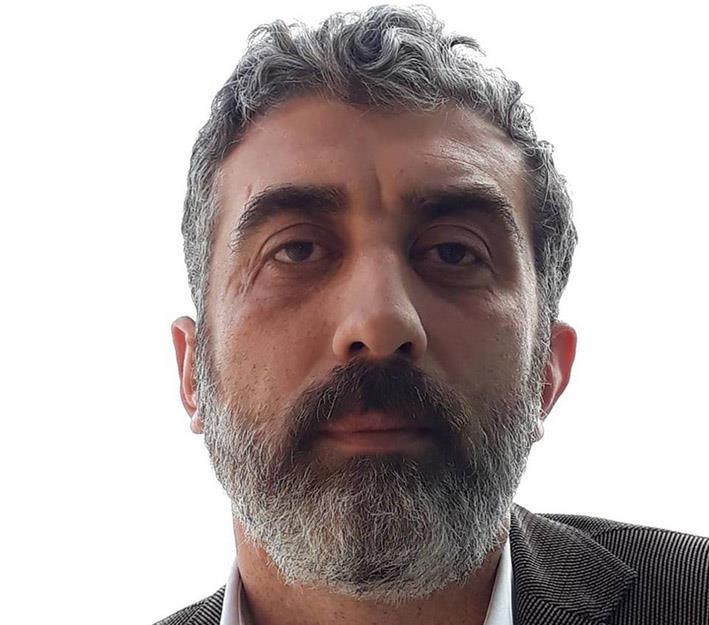It has always been a modest and a low-key competition, but one would have never expected this edition’s Maltese entry to be surrounded by such controversy.
Never mind tactical voting or nationalistic and neighbourly hobnobbing: the ruckus on the Maltese jury’s decision prompted some important soul searching on the politics of writing, publishing and media ownership, as excellently summarised in this paper’s recent editorial.
Nevertheless, when the hue and cry dies down, we are left with an occasion to celebrate Maltese talent. By this afternoon, we’ll have known who out of the two Maltese shortlisted entries will be the Maltese winner of this year’s edition of the European Prize for Literature.
The aim of the European Union Prize for Literature (EUPL) is to put the spotlight on the creativity and diverse wealth of Europe’s contemporary literature in the field of fiction, to promote the circulation of literature within Europe and to encourage greater interest in non-national literary works. The works of the selected winners (one per country participating in the Prize on a rotation basis) will reach a wider and international audience, and touch readers beyond national and linguistic borders.
The Prize is financed by the Creative Europe programme of the European Commission, which aims to achieve three main goals: to promote cross-border mobility of those working in the cultural sector; to encourage the transnational circulation of cultural and artistic output; and to foster intercultural dialogue.
The consortium selected by the European Commission to coordinate the initiative is composed by the European and International Booksellers Federation (EIBF), the European Writers' Council (EWC) and the Federation of European Publishers (FEP). These three members are jointly responsible for the setting up of the national juries and the practical organisation of the award ceremony. The national jury for Malta was managed by Creative Europe Desk Malta, and headed by Arts Council chairman Albert Marshall, together with representatives of the stakeholders of the Maltese book industry.
The Prize competition is open to the 41 countries currently involved in the Creative Europe programme. Each year, national juries in a third of the participating countries nominate their winning authors, making it possible for all countries and language areas to be represented over a three-year cycle.
This year’s edition also provides a lifeline to the local book industry which took its’ fair share of knocks during the pandemic. The controversy was also an unwitting positive push to all nominated books prior to shortlisting: Aleks Farrugia’s Għall-Glorja tal-Patrija (SKS), Gioele Galea’s In-Nar għandu Isem (Horizons) and the three Merlin nominees, Clare Azzopardi’s Castillo and the shortlisted Kissirtu Kullimkien by Lara Calleja and Papa Aħmed by Joe Pace,
The latter shortlisted novels punch politically, in an ironic twist to the ‘apolitical’ debate. Pace’s tale of a plausible future talks about the first-ever Maltese pope who chooses Aħmed as his papal name. During an official visit to the Holy Land, the Pope escapes his security detail in the middle of the night, and this gives rise to a frantic search and a race against time between Israeli, American and Palestinian secret services. This is an action thriller, with tales of old friendships and hidden secrets, which lead straight from the Vatican conclave to the bloodiest street of Jerusalem
Calleja’s Kissirtu Kullimkien is inspired by the wanton destruction of the urban fabric by the construction lobby. A tale that can be chronicled on the media, but also through the eyes of the fiction writer. This collection of short stories views this problem not only as a concrete environmental shift, but also as affecting the soul of the characters it depicts. At the same time, there is search for hope amidst the rubble, a quest for calm after the chaos, and some chance for change within the asphyxiating uglification of our environment.
A cause for celebration, not only for Maltese literary talent, but even for the hardworking book industry. This European platform gives a slight but much needed push to many workers in this industry. Since Malta’s first participation, the first two winners Pierre Mejlak and Immanuel Mifsud were translated into around 20 languages. Walid Nabhan is edging towards a prestigious UK contract, whilst Merlin Publishers has already received two enquiries per shortlisted books, whilst awaiting the official winner.
Today (Tuesday) afternoon (from 1400 CET), we can discover who’ll fly the flag for Malta during a livestream of the award announcement on the EUPL’s Facebook page. This occasion can also whet our appetite to check out these books available at all major booksellers and online. It truly is a time to celebrate Maltese authors, their talents and Maltese book production.
Mark Vella is a Language Officer at the European Commission Representation in Malta.
